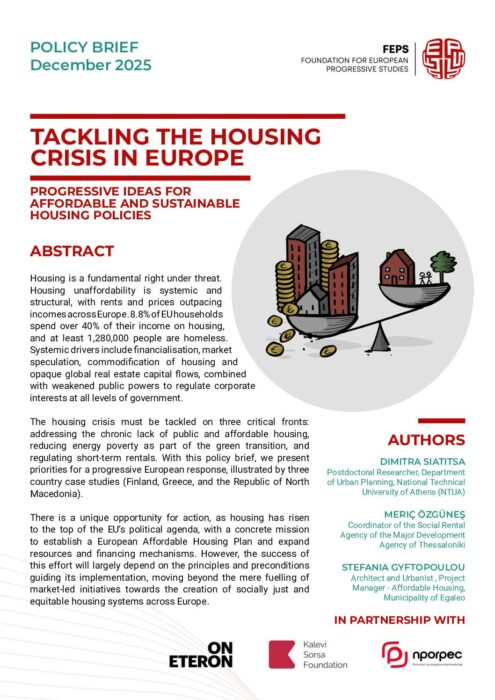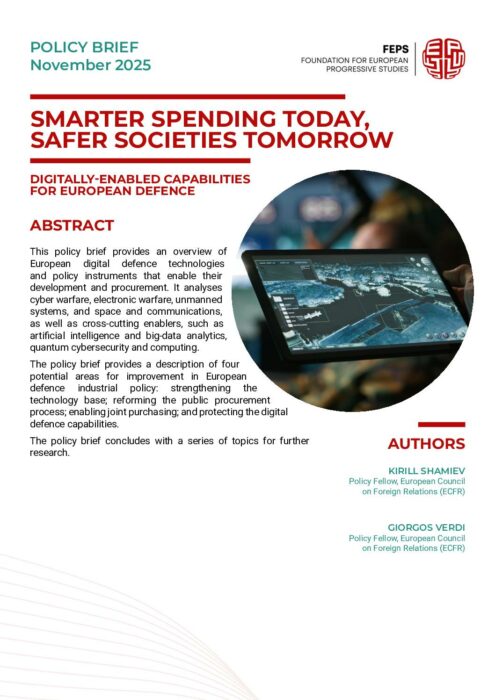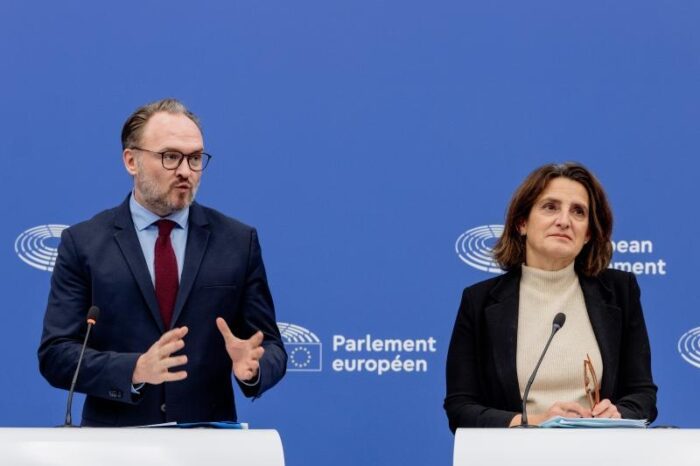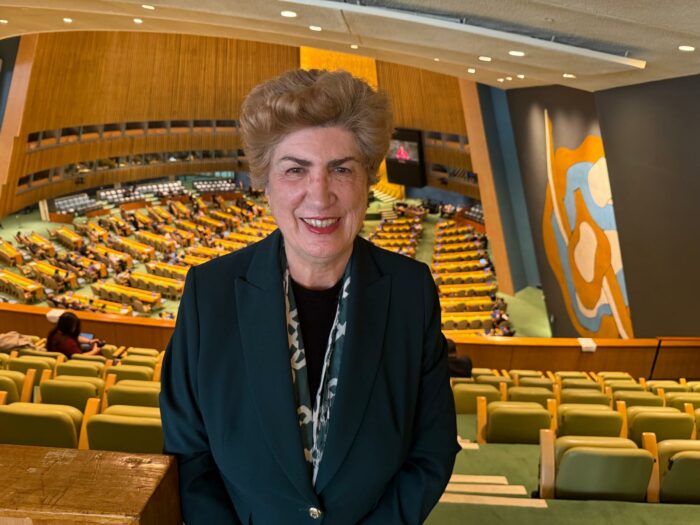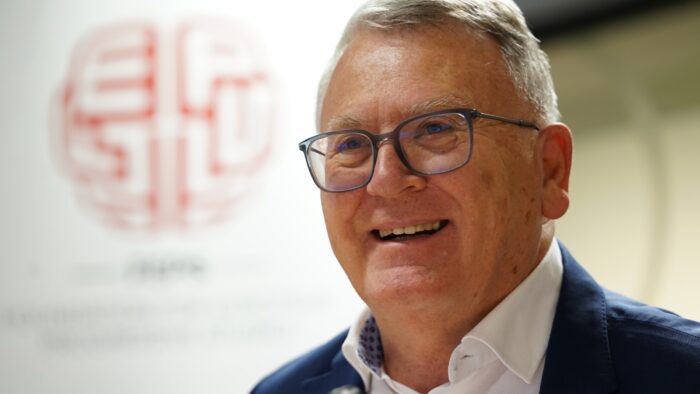Find all related publications
Publications
Find all related news
News
Find all related in the media
In the media
Liberal democracy’s social, societal fabric under threat – Live from the EPC Annual Conference 2025
by EPC 08/12/2025
Los mapas de las fronteras internas que alimentan el voto ultra en Europa
by El Confidencial 13/10/2025



